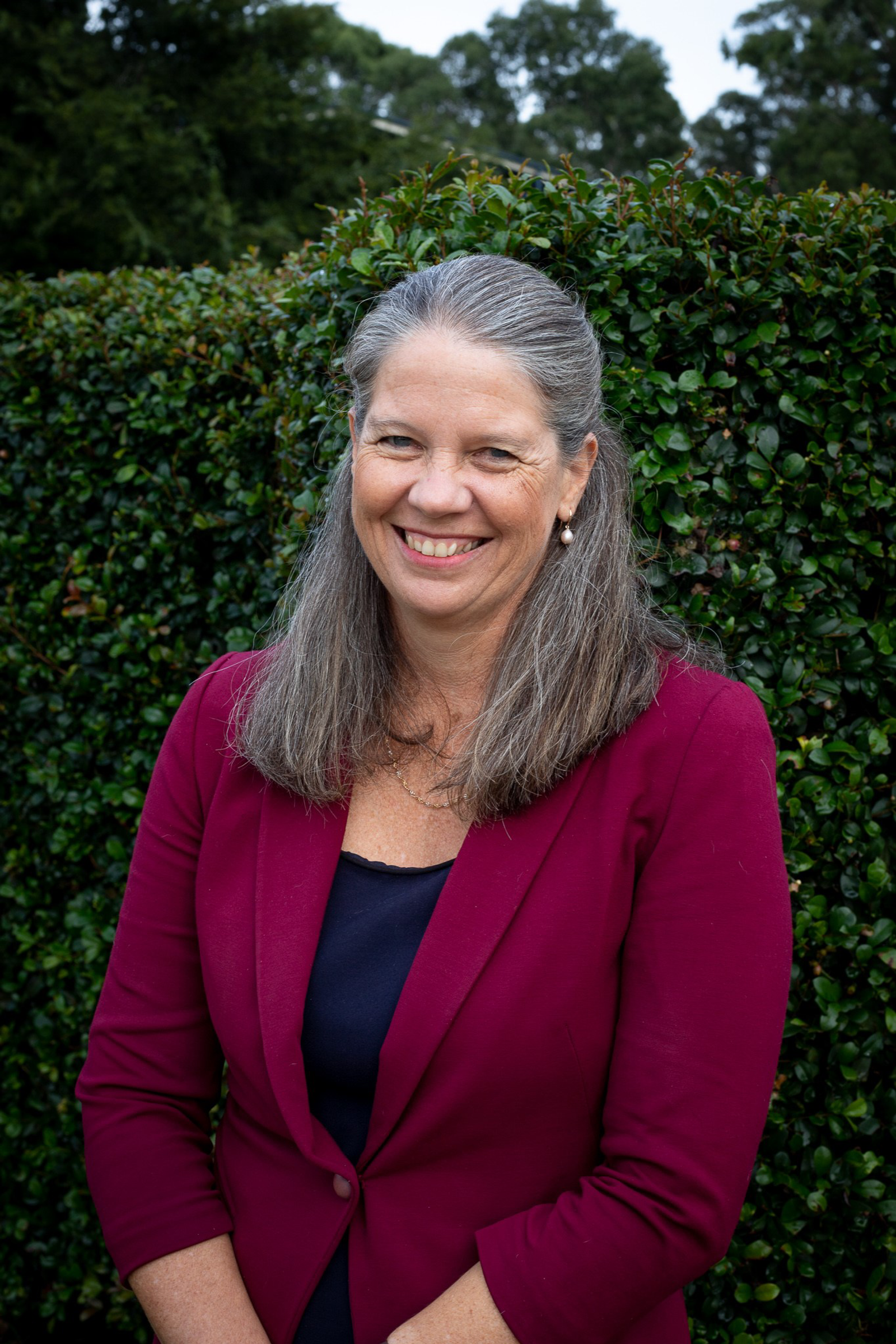From the Principal

From the Principal
Congratulations to the following students:
- The 13 students from Year 7-10 who competed at the Southern Tasmania Badminton Championship last week, coming away with two gold and three silver medals.
- All our primary and secondary students who have competed at the Cross Country event at Symmons Plains over the past two weeks.
- Students who are new to the Worship Band this year and to the more experienced members who have been stepping up into leadership positions.
In 2016, Cam McEvoy was the firm favourite to win the 100m Freestyle event at the Rio Olympics. Being his second Olympics, he had experience and was in good form in the preceding months. This was not to be his moment though. It became Kyle Chalmers time to shine, with McEvoy finishing in a disappointing seventh place.
McEvoy readily admits that it took many years to overcome the disappointment of that one moment in time. He swam in the Tokyo Olympics, winning a bronze medal as part of the 4x100m freestyle relay but then retired from swimming. Instead, McEvoy threw himself into a number of different sports, including rock climbing and calisthenics.
Just nine months before the World Championships in 2023, McEvoy decided to give swimming another go. This time, he determined that his preparation would be different. Nicknamed the Professor, McEvoy applied his scientific knowledge to develop a training plan that would cut his swimming training by 90%. While only having such a relatively short time back in training, he won gold at the World Championships and has since qualified for the Paris Olympics.
Resilience is often described as ‘bouncing back’. Commonly, it is understood as one’s capacity to move forward after disappointment or a setback. What McEvoy exemplifies is another feature of resilience. It is the capacity to learn from the experience and to carry that learning forward.
In this case, the intense disappointment of Rio could lead to important breakthroughs, not just for McEvoy but for many other swimmers who could benefit from his new understanding. In an interview after he qualified for the Australian Olympic team, McEvoy argued that he was probably more excited about being able to continue his learning journey after the Olympics. As a scientist, he is eager to investigate his new approach to training more deeply.
When I think about resilience, I often look to the character of Paul in the New Testament. He persevered through persecution, hardship, danger and the threat of death to share the gospel message far and wide. 1 Corinthians 11 provides his account of some of the challenges he faced. It is a daunting list.
One thing that stands out from Paul’s story is the deep-seated sense of why he was able to keep going. It stems from the transforming power of God’s grace and an urgency to use every opportunity to share the message with others so they can experience the same life-changing message.
In 2 Corinthians 4, Paul writes:
8 We are experiencing trouble on every side, but are not crushed; we are perplexed, but not driven to despair; 9 we are persecuted, but not abandoned; we are knocked down, but not destroyed, 10 always carrying around in our body the death of Jesus, so that the life of Jesus may also be made visible in our body.
16 Therefore we do not despair, but even if our physical body is wearing away, our inner person is being renewed day by day. 17 For our momentary, light suffering is producing for us an eternal weight of glory far beyond all comparison 18 because we are not looking at what can be seen but at what cannot be seen. For what can be seen is temporary, but what cannot be seen is eternal.
Each of us, adults and children alike, will experience moments of frustration and disappointment. I hope we can challenge each other to learn from those experiences and to grasp onto the reasons that drive what we do.
Jodie Bennett
Principal
